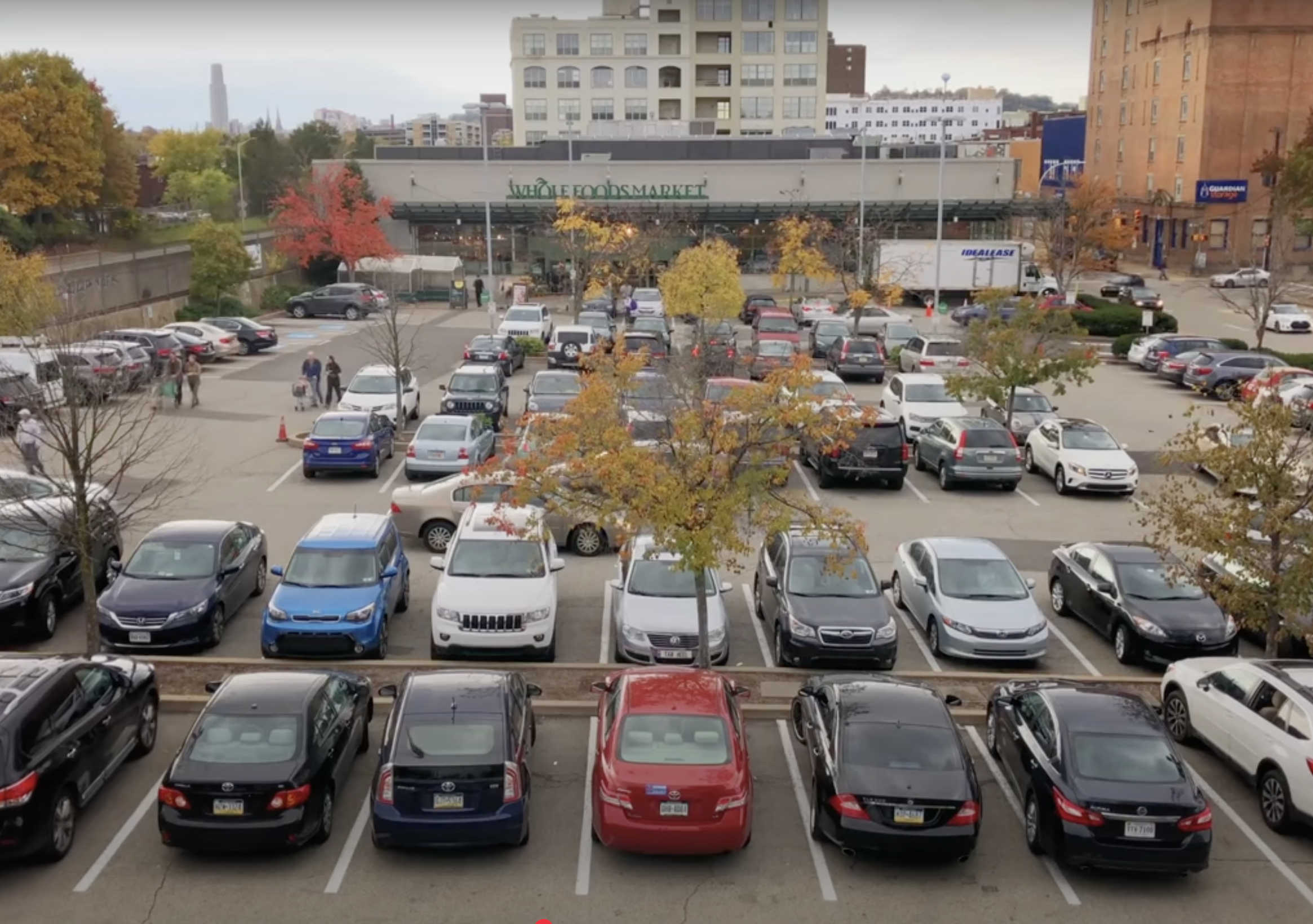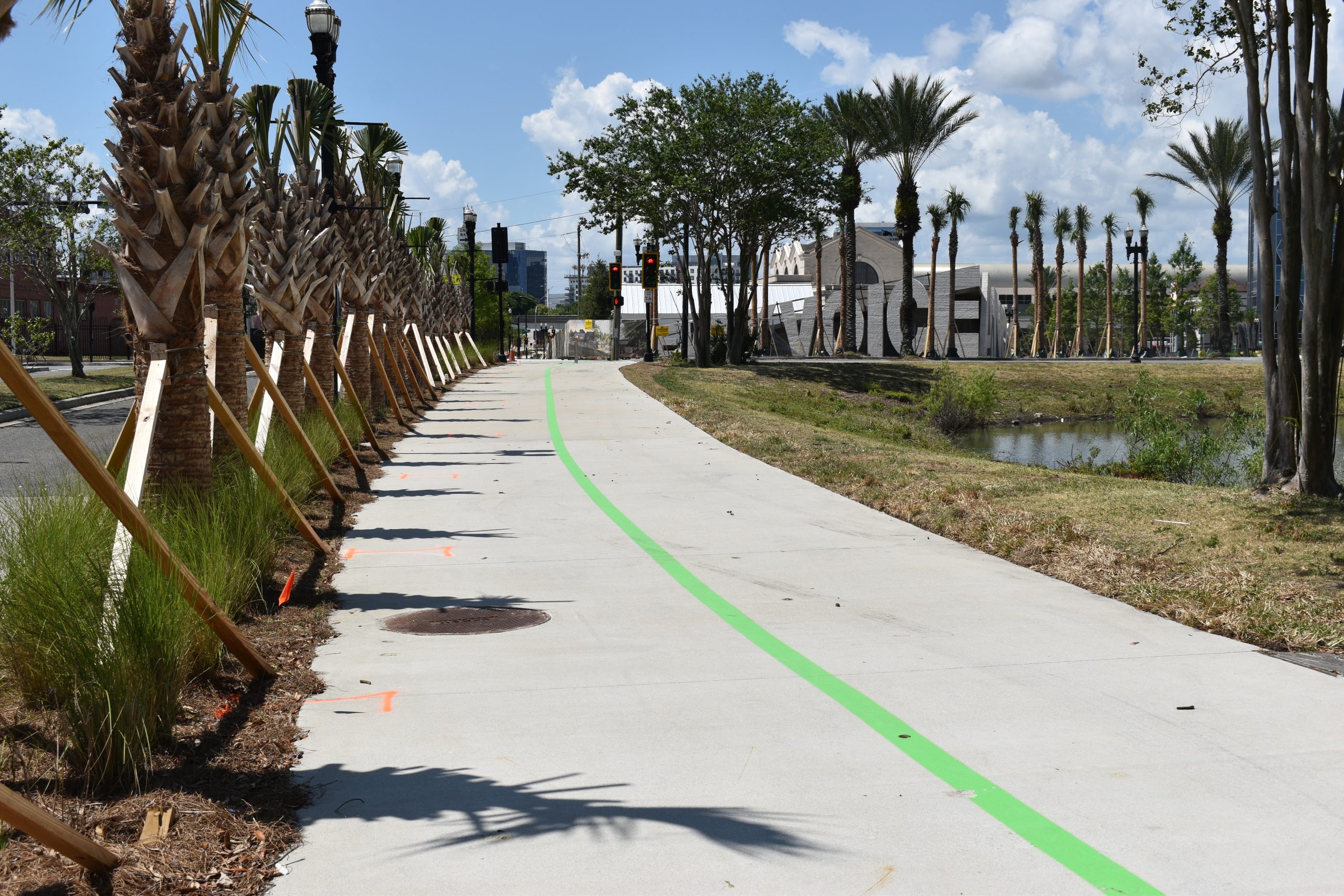Ahead of this week's National Bike Summit in Washington, DC, syndicated columnist Neal Peirce wonders if 2008 will be "bicycling's best year since the start of the auto age." He writes about developments promoting the bicycle as a legitimate form of transportation around the world, many of which have been featured right here on Streetsblog:
First the trends: oil costs are surpassing $100 a barrel, global warming alarm calls are mounting, polluting autos and trucks increasingly clog city streets, and health concerns about a sedentary and fattening society are mounting.
And now the developments: Handy bike-for-hire stations are proving instant hits in Paris and other European cities and seem poised to invade urban America. Moves to add painted bike lanes along city roadways are being eclipsed by proposals for entire networks of "bike boulevards" -- roadways altered radically to accommodate cyclists and pedestrians. And a companion "Complete Streets" movement -- making roadway space for cyclists and pedestrians, not just cars and trucks -- is gaining traction nationwide.
Rep. Earl Blumenauer (D-Ore.), founder of the Congressional Bike caucus (now 160-bipartisan members strong), claims a new pro-bike politics is forming, that it can mobilize a 1-million-plus national constituency and force clear recognition of the role of bicycles in the next (2009) federal transportation bill. He and the Bike Summit will be pushing a sense of Congress resolution recognizing the potential of bikes to undergird a greener, healthier and more efficient national future.
Cycling, nationwide, still counts for tiny portions of commuting and shopping trips. But Portland's experience shows the potential, Blumenauer insists: since that city's bike program began in the 1990s, the "modal split" for bikes has quadrupled and a $100 million bike industry of bike shops, bike sales, a start of manufacturing and bike tourism, accounting for 1,000 jobs, has emerged.
Paris' "velib" bike rental program -- the name combines "velo" (bicycle) and "liberte (freedom) -- opened last July and registered an astounding 2 million trips in its first 40 days. Almost identical systems are sprouting up across Europe -- in Lyons, Rennes, Barcelona, Oslo, Stockholm, Seville, Brussels, Vienna. Many others are soon to come including London and Rome. There's also reported interest in Moscow and Beijing.
This April the first serious U.S. fast bike-rental system is due to open in Washington, D.C., followed shortly by San Francisco. Considering the idea or in active negotiations are Houston, Tucson, San Antonio, Portland, Cambridge and Boulder. Among possible U.S. cities is Chicago -- Mayor Richard Daley tested a Velib bike in Paris last summer and came back a fan.
Photo: weinaiko/Flickr





